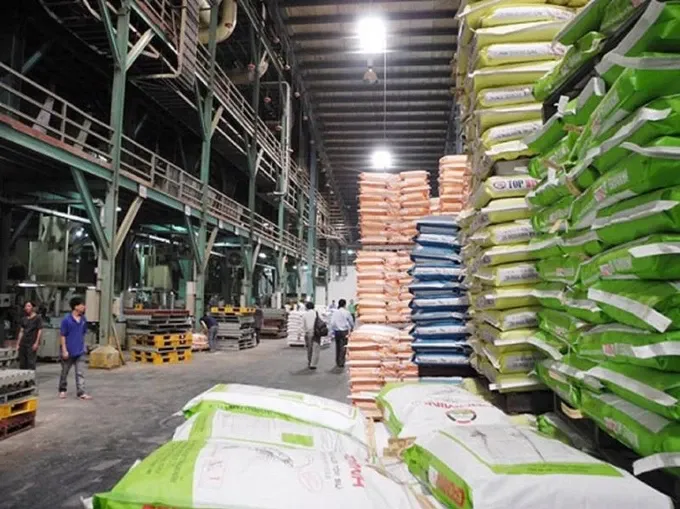
Accordingly, the Ministry of Agriculture and Rural Development yesterday reported that following a proposal from the Dong Nai Province Livestock Association, numerous animal feed and livestock companies have voiced their formal opinions under written form to the Government Office, the Ministry of Finance, and the Ministry of Agriculture and Rural Development, highlighting discrepancies concerning the Harmonized System (HS) code classification of imported soybean meal (used for animal feed) during customs clearance.
Signatories to these representations include prominent entities such as C.P. Vietnam, De Heus, Japfa Comfeed Vietnam, Cargill Vietnam, New Hope HCMC, Greenfeed Vietnam, CJ Vietnam, Asia Nutrition, Ba Huan, Sao Mai Super Feed, Nam Viet, Viet Thang, CNC International Nutrition, Khai Anh Binh Thuan, GAD Vietnam, and Asia Goldman.
These businesses assert that Government's Decree 144/2024/ND-CP, promulgated on January 1, 2024, introduced a preferential import tariff for soybean meal (HS code 23040090), reducing the applicable rate from 2 percent to 1 percent, thereby providing impetus for businesses navigating challenging market conditions.
However, since the decree’s effective date of December 16, 2024, businesses have been unable to avail themselves of this reduced tariff due to inconsistencies in HS code application by customs authorities.
Specifically, local customs branches have applied HS code 23040029, carrying a 2-percent tariff, instead of the intended 1-percent rate under HS code 23040090. This discrepancy has created inconsistencies in policy implementation between the General Department of Customs and the Plant Protection Department, resulting in increased costs, protracted customs clearance times, and public confusion.
Meanwhile, international soybean meal prices have risen by over 12 percent within just two weeks of the decree taking effect, further escalating production costs for businesses. Furthermore, the divergence in import tariffs between countries with free trade agreements (FTAs) with Vietnam (0-percent tariff) and other nations is impeding businesses’ access to supply chains from major producing countries such as the US, Argentina, and Brazil, which offer greater stability in both output and quality.
Businesses express concern that, should this situation persist, the livestock and animal feed sectors will face heightened risks, including supply instability and intensified international competition.
To rectify this issue, the businesses above are urging relevant ministries and agencies to align the preferential import tariff for HS code 23040029 with that of HS code 23040090, reducing it from 2 percent to 1 percent. They are also advocating for retroactive tariff refunds for shipments imported since December 16, 2024, in accordance with Decree 144/2024/ND-CP.
A swift resolution to these discrepancies is crucial not only to alleviate cost pressures on the industry but also to contribute to stabilizing animal feed supply, thereby safeguarding the interests of both businesses and livestock farmers within a demanding market environment.
























